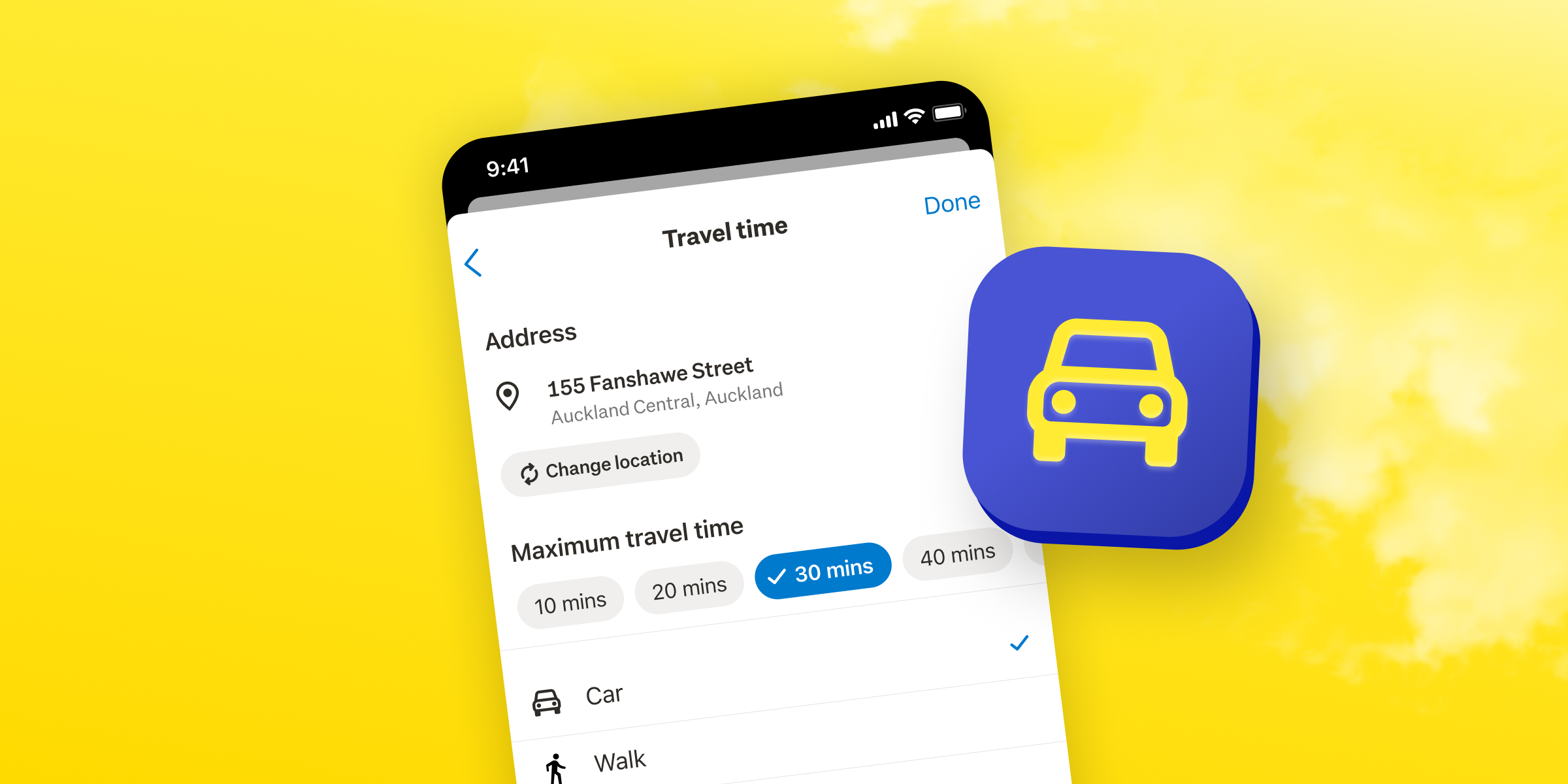Selling guide
Changing real estate agents in NZ: how it works
Don’t end up paying double commission!
.png)
Can I change my real estate agent?
Before you do anything, re-read your real estate agent contract.
Can estate agencies refuse to release you from a contract?
You can expect your real estate agency to push back if you try to cancel, but you have options.
You might still need to pay commission even if you cancel
Don’t end up paying double commission!
Reasons you might want to switch real estate agent
Looking for a great real estate agent?
Use our free tool to find real estate agents in your area.
Search now Author
Search
Other articles you might like








